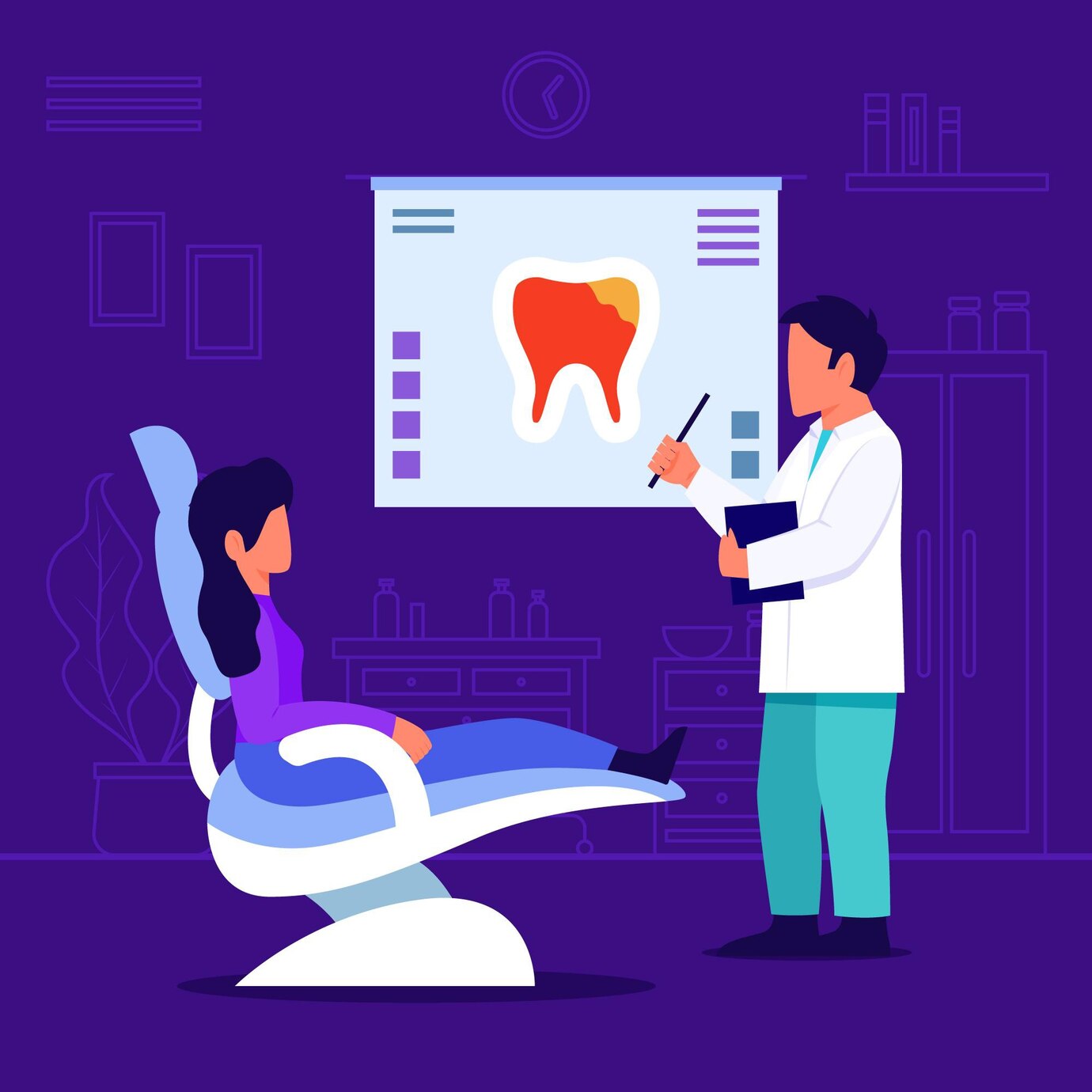
Benefits of Specialized Training in Dentistry
Specialized training in dentistry offers a wide range of benefits that can significantly enhance a dentist's career and the quality of care provided to patients. Here are some key advantages:
Click here to know more.
1. Enhanced Expertise
- Advanced Skills: Specialized training provides in-depth knowledge and skills in specific areas of dentistry, such as orthodontics, periodontics, or oral surgery. This allows dentists to perform more complex procedures with greater precision and confidence.
- Up-to-Date Knowledge: Specialization ensures that dentists stay current with the latest advancements, techniques, and technologies in their area of focus.
2. Improved Patient Care
- Comprehensive Treatment: Dentists with specialized training can offer a broader range of services, reducing the need for referrals and providing more comprehensive care.
- Personalized Treatment Plans: Specialists can tailor treatments to the specific needs of their patients, leading to better outcomes and higher patient satisfaction.
3. Increased Career Opportunities
- Higher Demand: Specialists are often in higher demand, leading to more job opportunities and the potential for higher income.
- Leadership Roles: Specialized training can open doors to leadership positions in academic, clinical, or research settings.
4. Professional Recognition
- Credibility and Trust: Specialization can enhance a dentist's reputation and credibility, earning the trust of both patients and peers.
- Board Certification: Achieving board certification in a specialty area further validates a dentist’s expertise and commitment to excellence.
5. Greater Job Satisfaction
- Focus on Passion: Specializing allows dentists to focus on the aspects of dentistry they are most passionate about, leading to greater job satisfaction.
- Continuous Learning: The dynamic nature of specialized fields encourages ongoing learning and professional growth, keeping the work engaging and fulfilling.
6. Networking and Collaboration
- Professional Communities: Specialization often involves joining professional organizations or networks, providing opportunities for collaboration, mentorship, and continuing education.
- Interdisciplinary Work: Specialists frequently collaborate with other healthcare professionals, which can lead to interdisciplinary research and improved patient outcomes.
7. Contribution to the Field
- Research and Innovation: Specialists often engage in research, contributing to the advancement of dental science and the development of new treatment modalities.
- Teaching and Mentorship: Specialized training enables dentists to teach and mentor the next generation of dental professionals, influencing the future of the field.
8. Financial Benefits
- Higher Earning Potential: Due to their advanced skills and the complexity of the procedures they perform, specialists often command higher fees than general practitioners.
- Business Growth: Specializing can attract a larger and more diverse patient base, leading to practice growth and financial success.
In summary, specialized training in dentistry not only enhances a dentist's expertise and career prospects but also significantly improves the quality of care provided to patients, ultimately benefiting both the dentist and the community they serve.
Some popular areas of dental specialization include:
- Orthodontics
- Periodontics
- Endodontics
- Prosthodontics
- Pediatric Dentistry
- Oral Surgery
- Public Health Dentistry